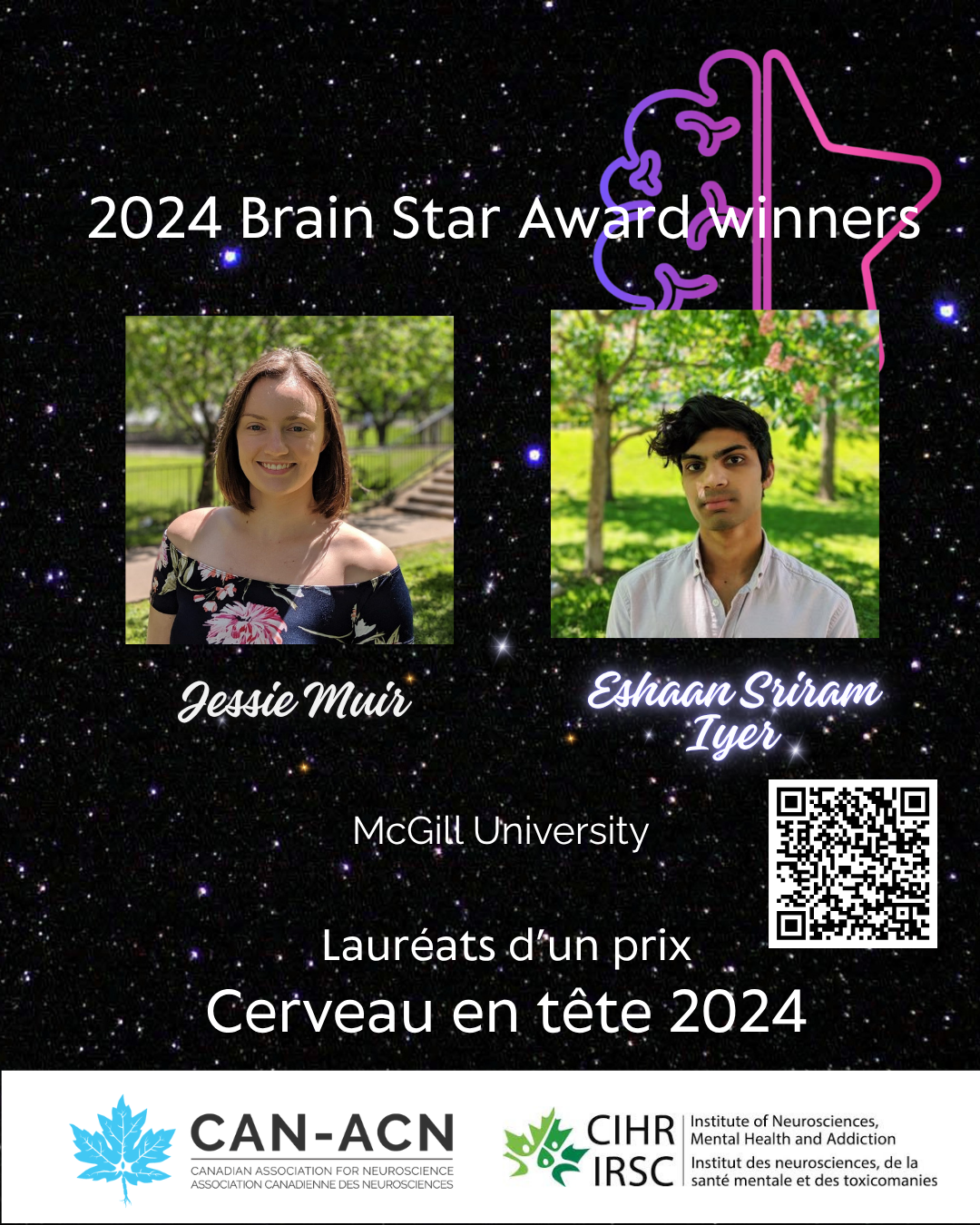Discovery of differences in encoding threat discrimination in the brain of males and females
Learning to predict threat is essential, but equally important—yet often overlooked—is learning about the absence of threat. This study by Drs. Jessie Muir and Eshaan Sriram Iyer, working in the laboratory of Dr. Rosemary Bagot at McGill University, looks at mechanisms of threat encoding and discrimination in pathways relevant to depressive-like symptoms in mice. They identified sex differences in the circuits and mechanisms responsible for recognizing threats and suggest they may reflect differences in behavioral strategies that can be relevant for understanding sex differences in risk of psychiatric disorders.
Depression is currently the leading cause of disability worldwide yet current antidepressant treatments remain ineffective in around 50% of the population. Women are twice as likely to develop depression compared to men. Given most pre-clinical studies have looked exclusively at males, there is a large gap in knowledge in the mechanisms underlying the disorder in females. Depression involves a disruption in many adaptive behavioral processes including discriminating aversive from neutral events.
Read the full story here: https://can-acn.org/brain-star-award-winners-jessie-muir-and-eshaan-sriram-iyer/
Featured scientific publication:
Jessie Muir, Eshaan S. Iyer, Yiu-Chung Tse, Julian Sorensen, Serena Wu, Rand S. Eid, Vedrana Cvetkovska, Karen Wassef, Sarah Gostlin, Peter Vitaro, Nick J. Spencer & Rosemary C. Bagot Sex-biased neural encoding of threat discrimination in nucleus accumbens afferents drives suppression of reward behavior. Nature Neuroscience 27, 1966–1976 (2024). https://doi.org/10.1038/s41593-024-01748-7

